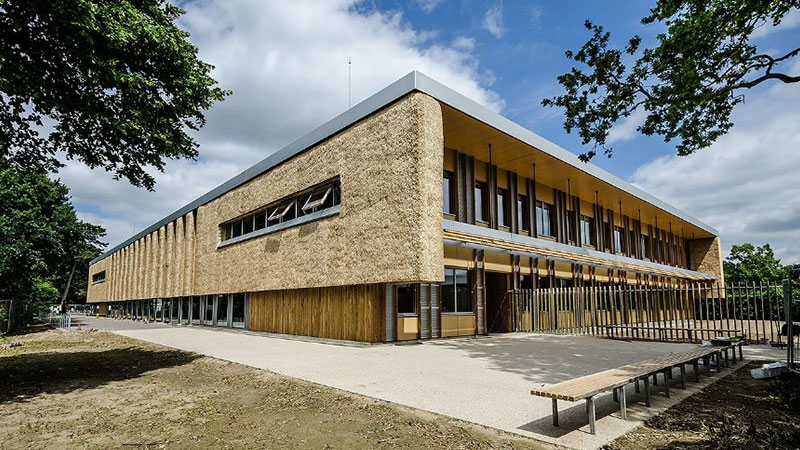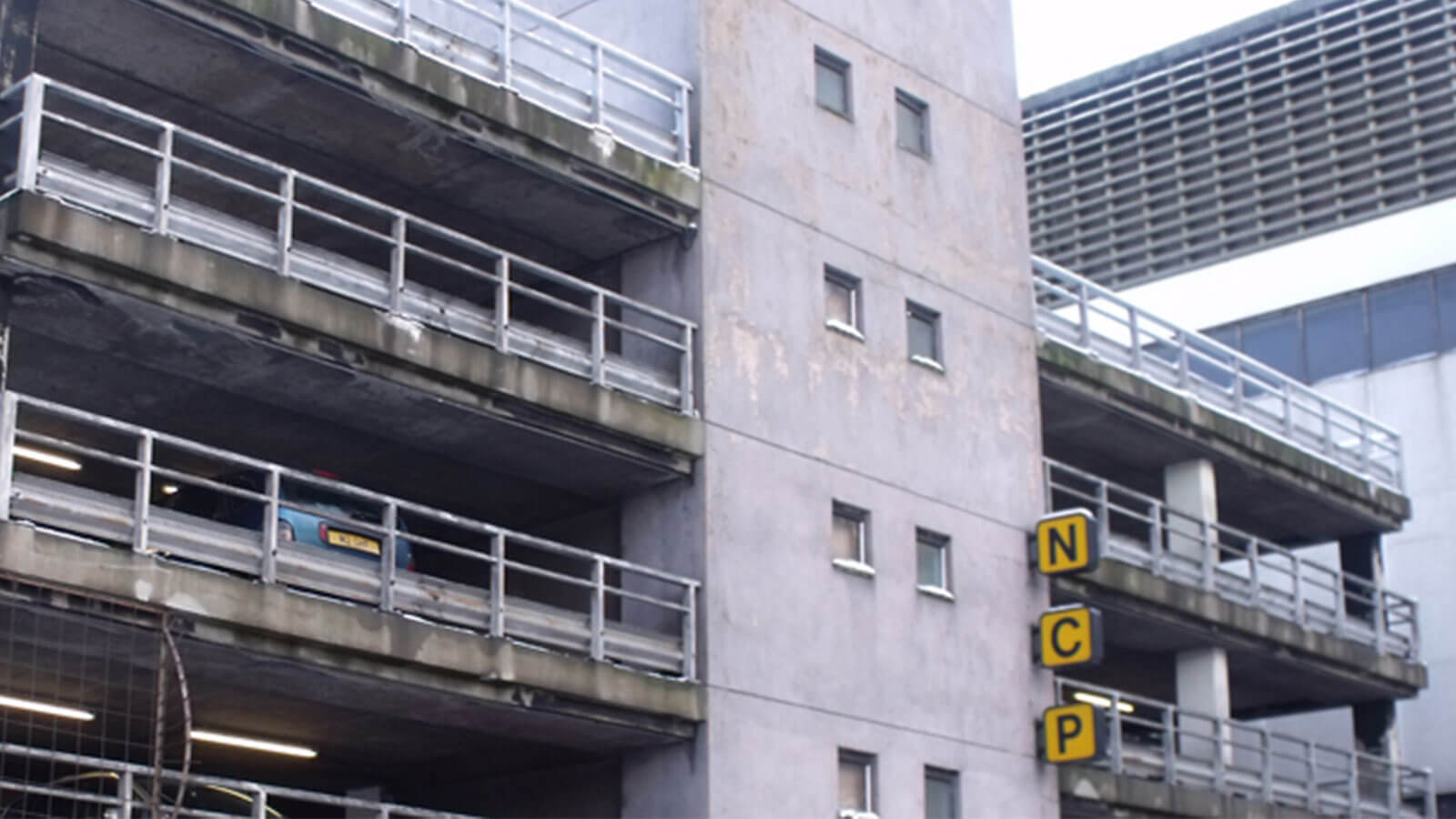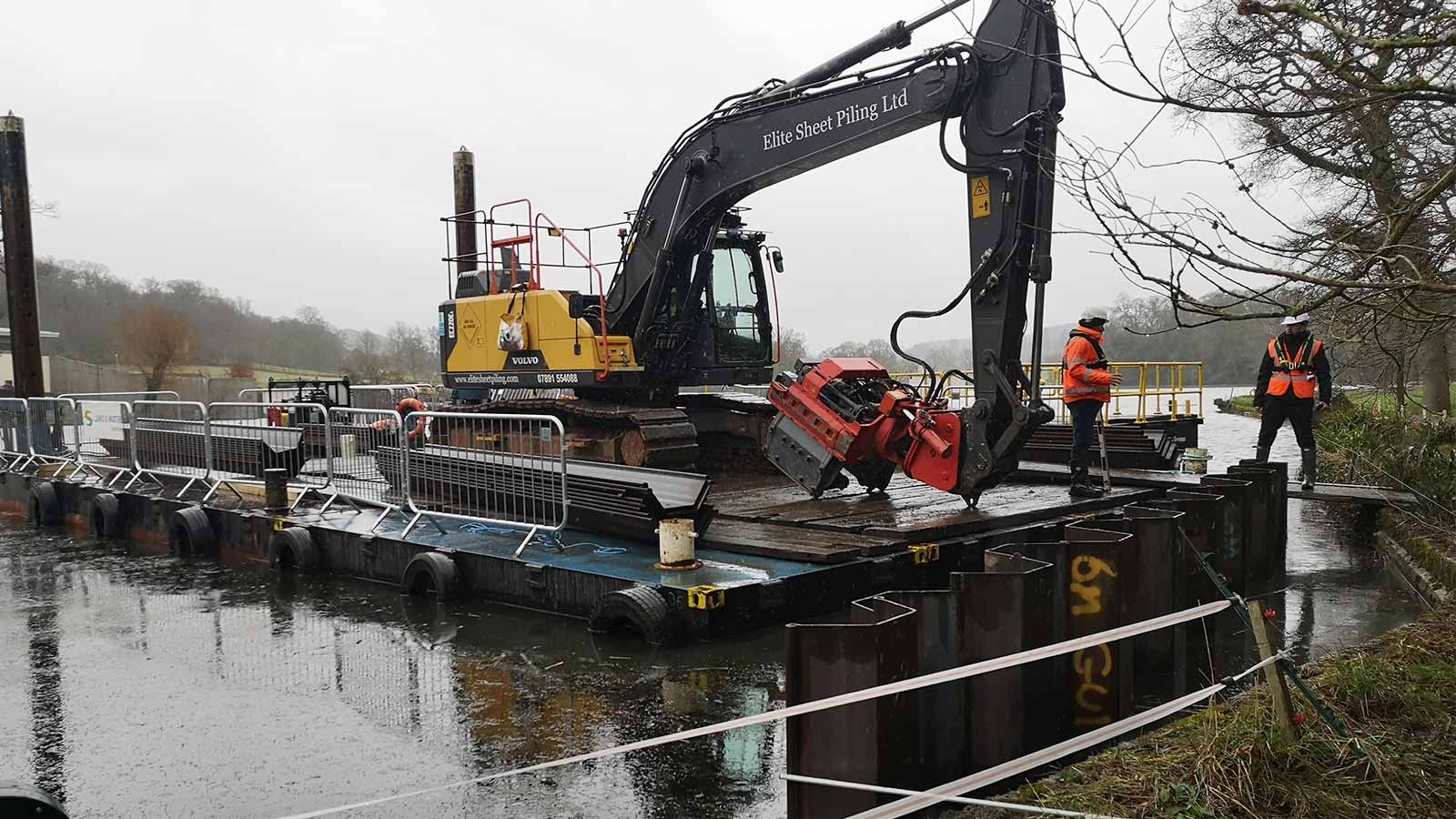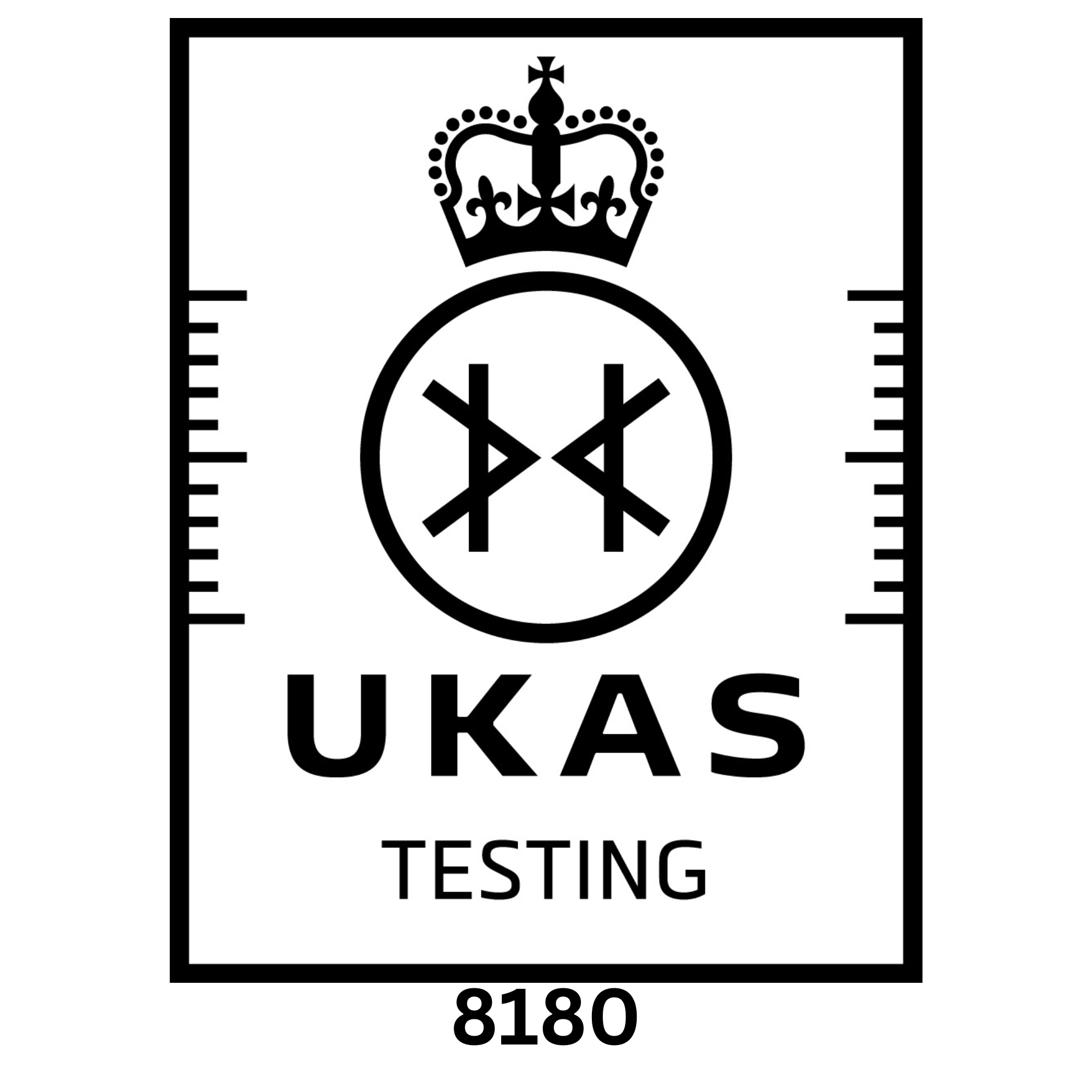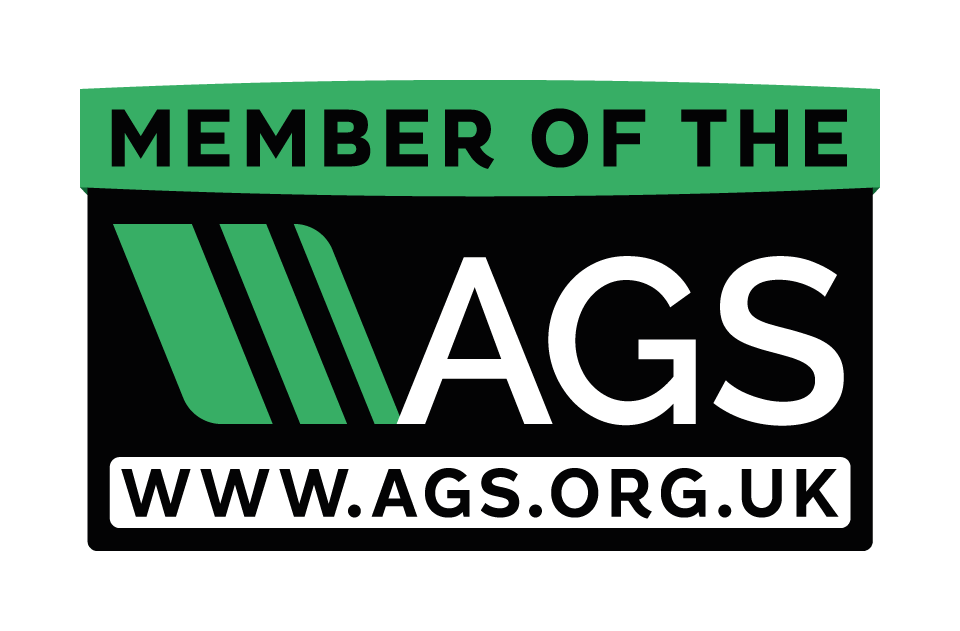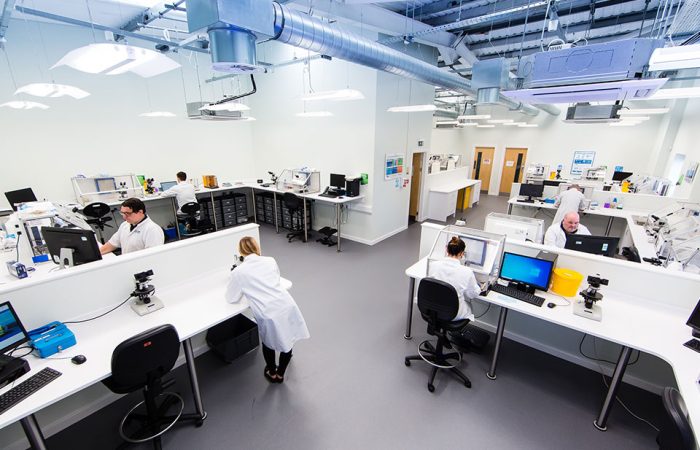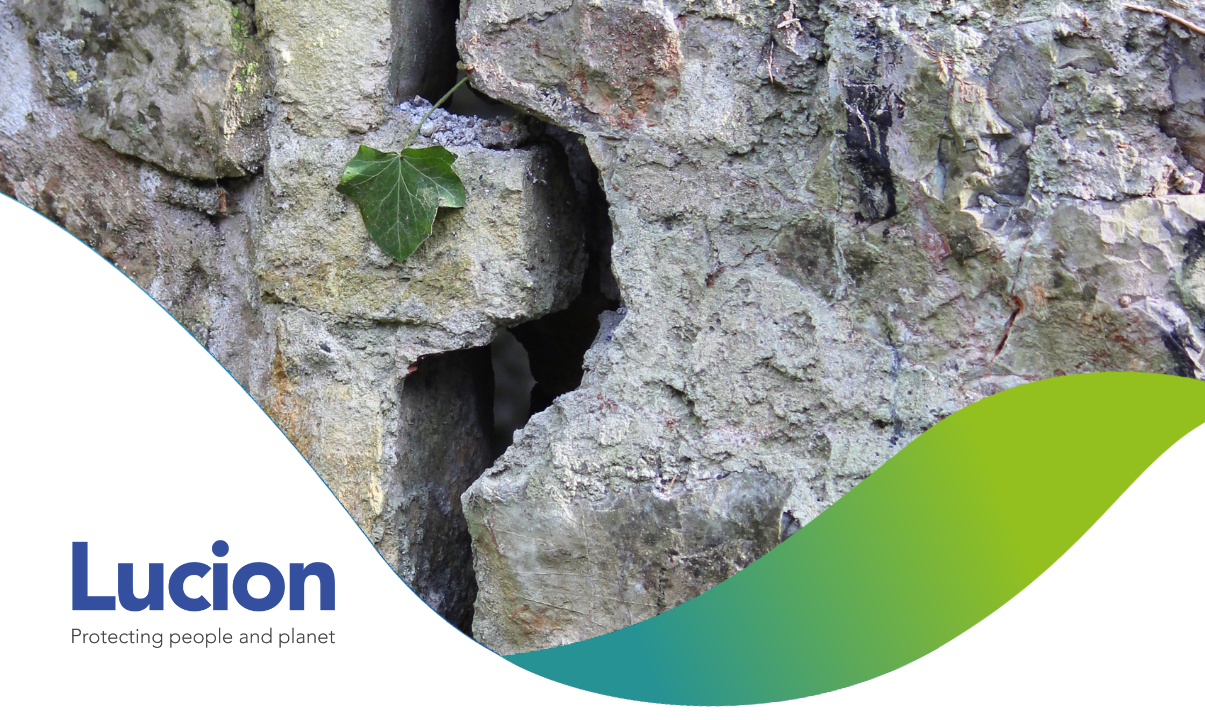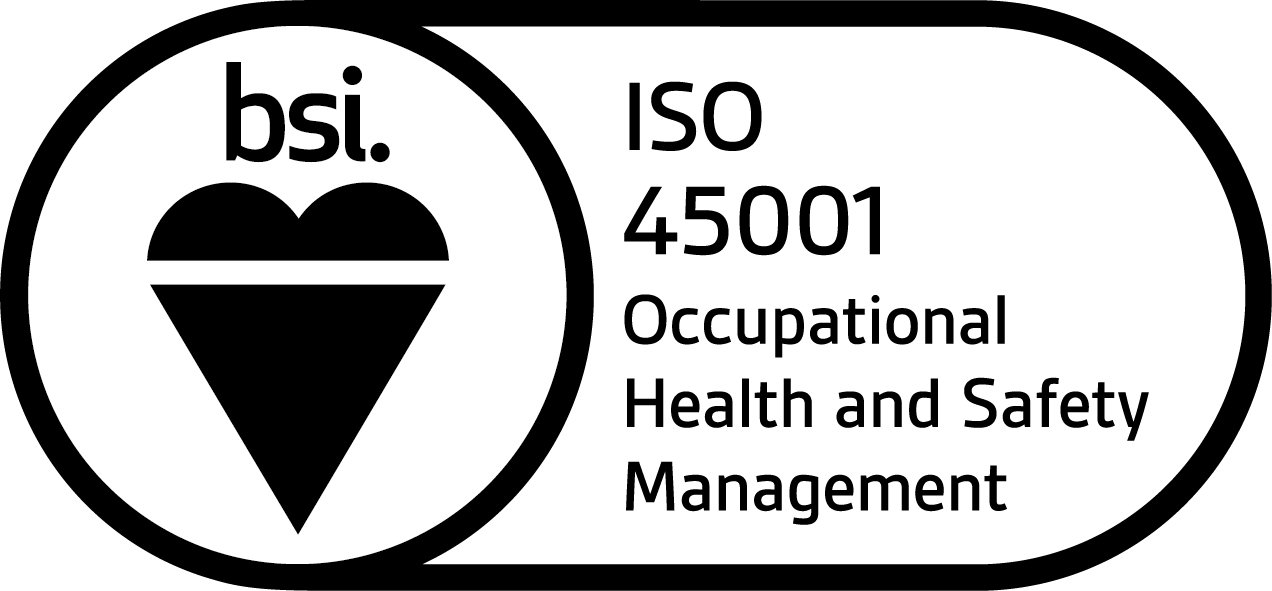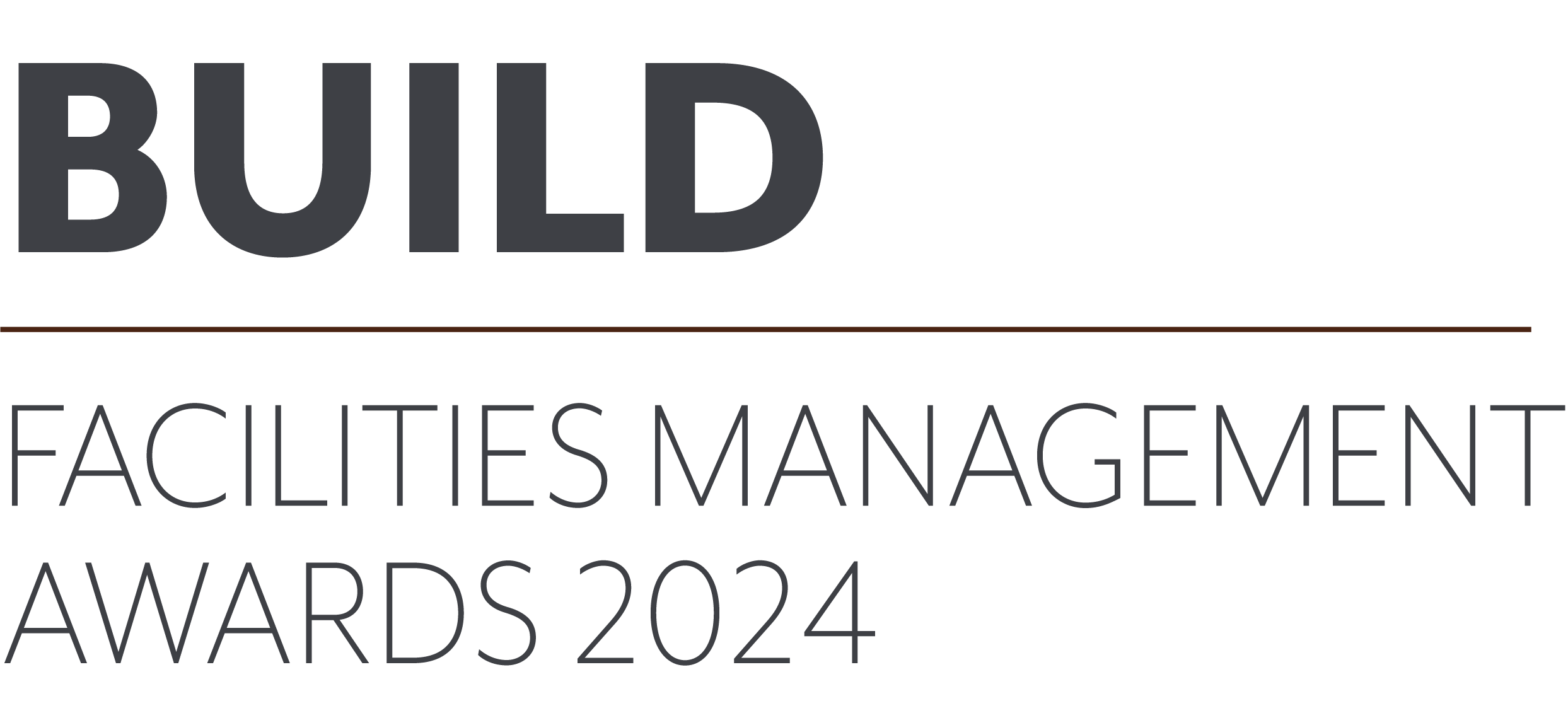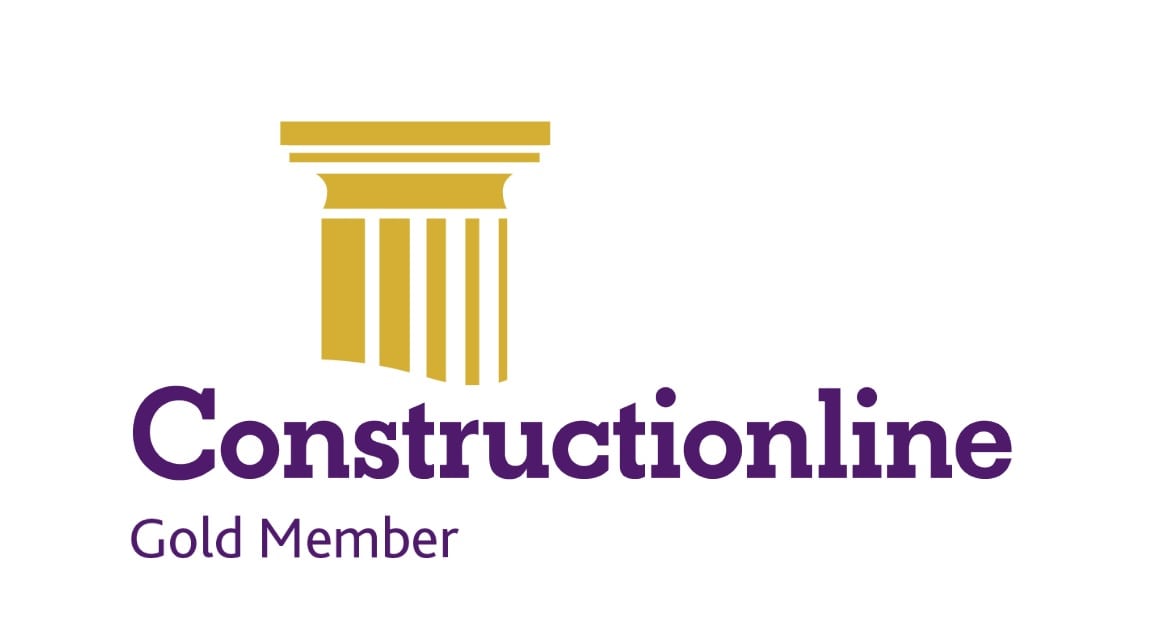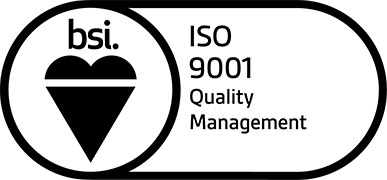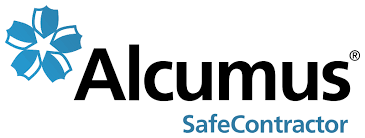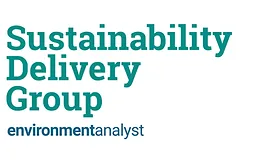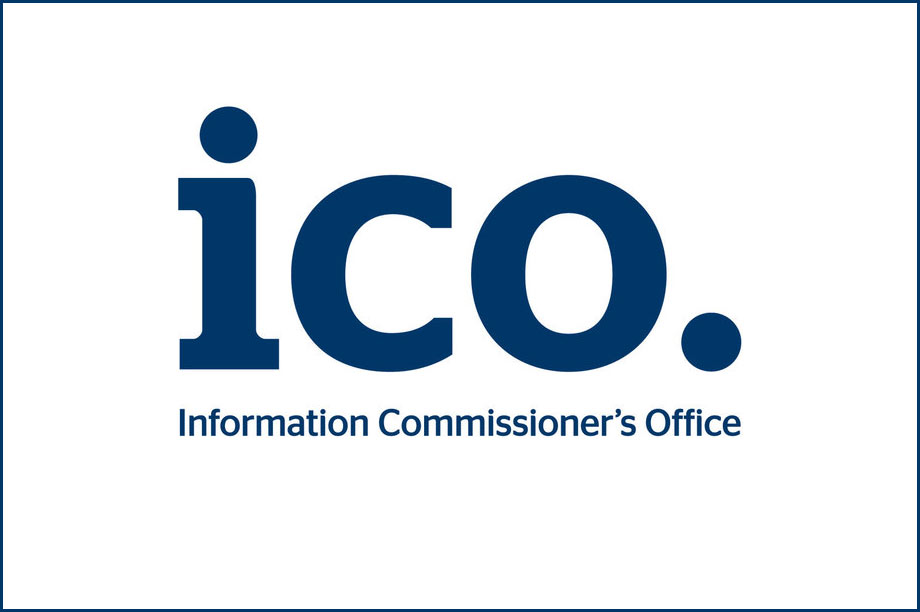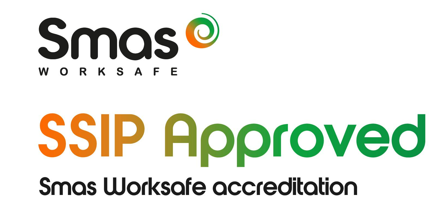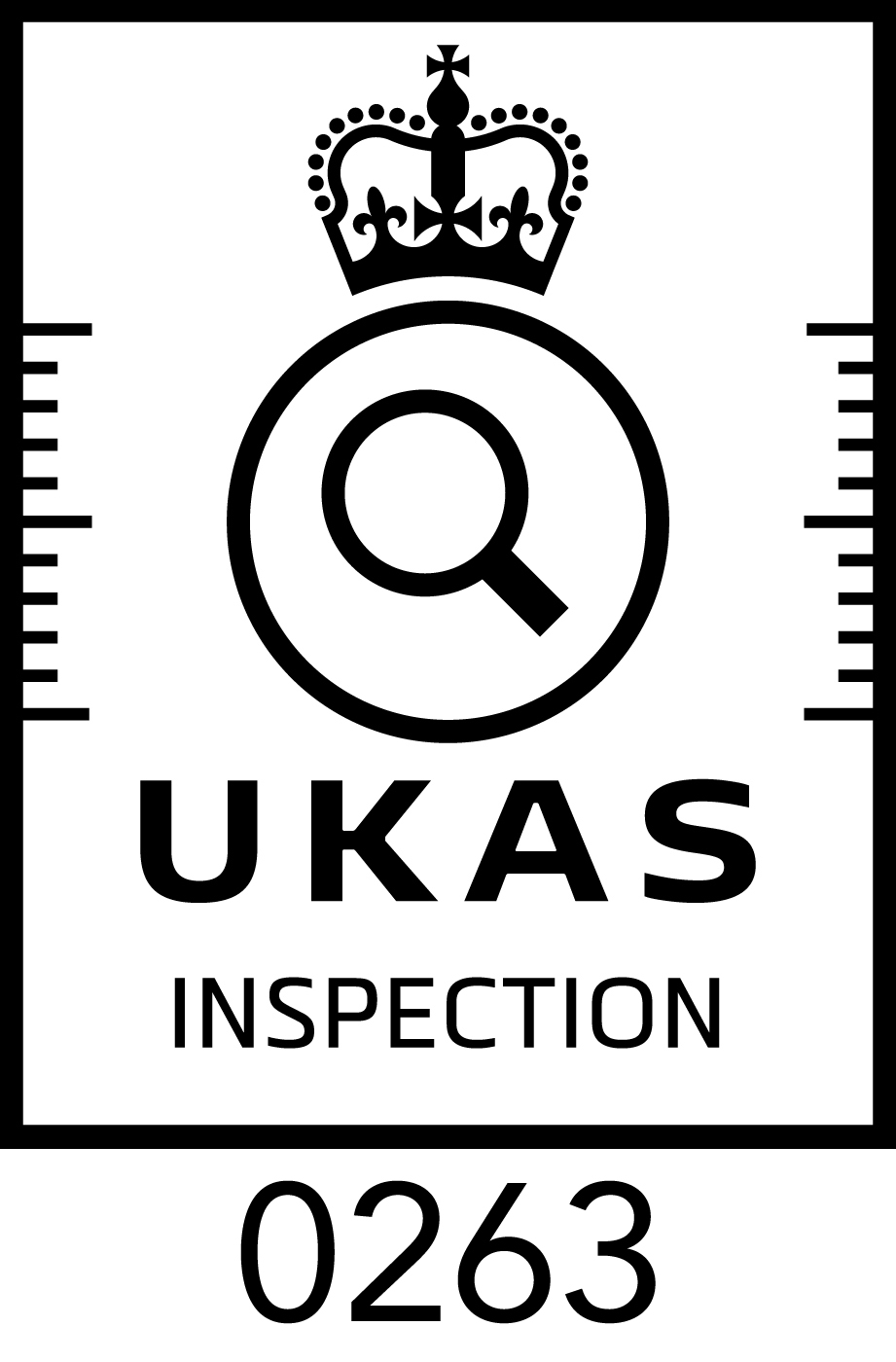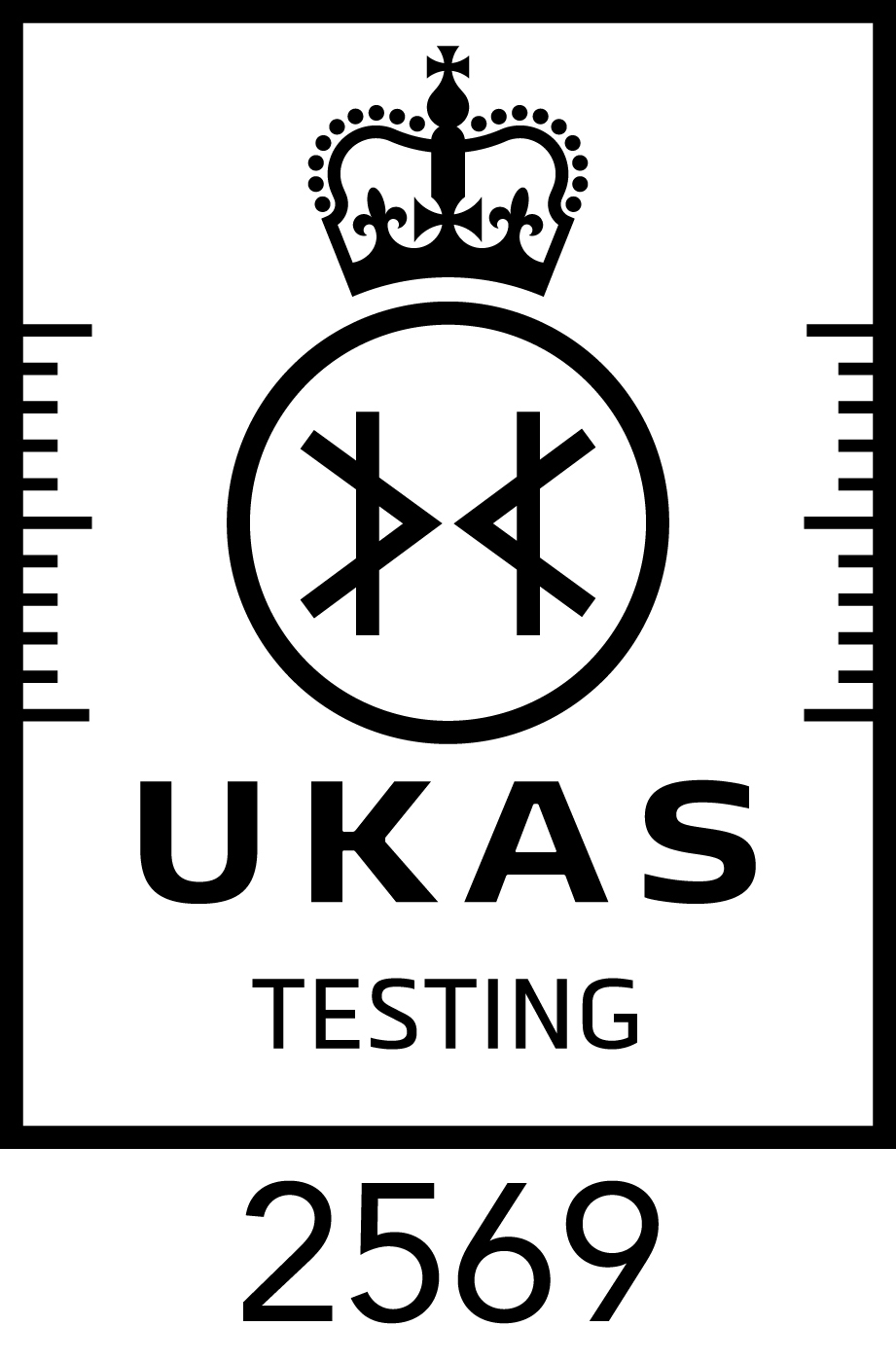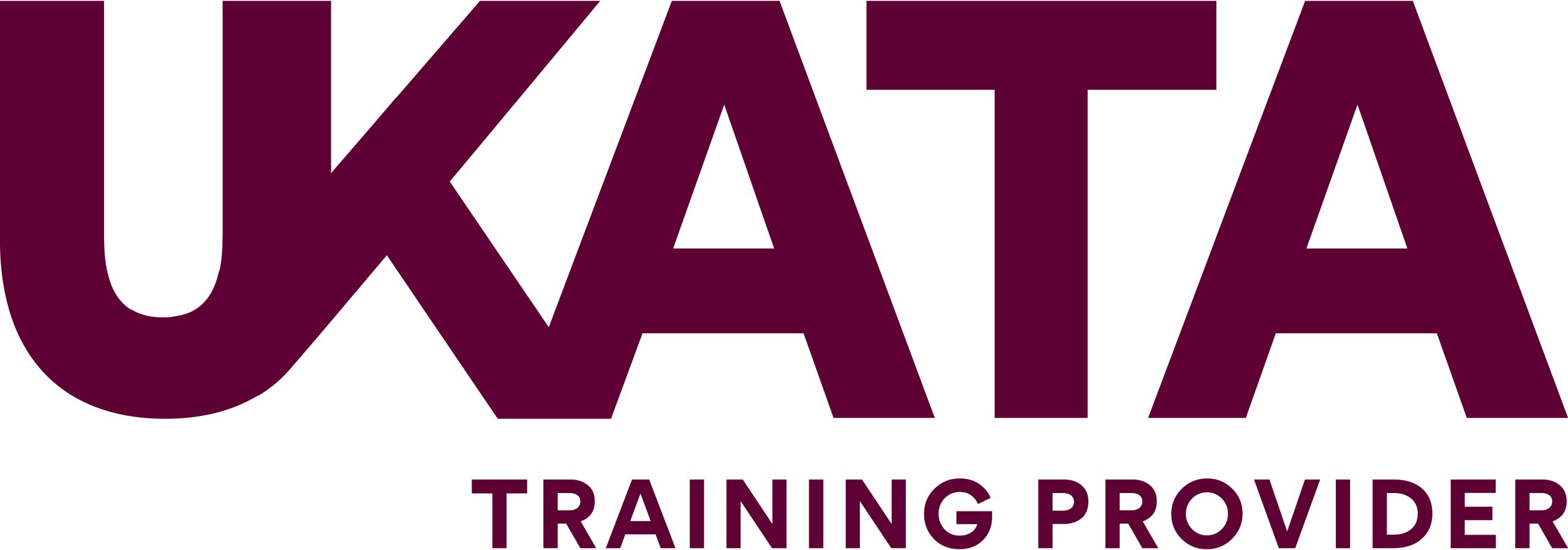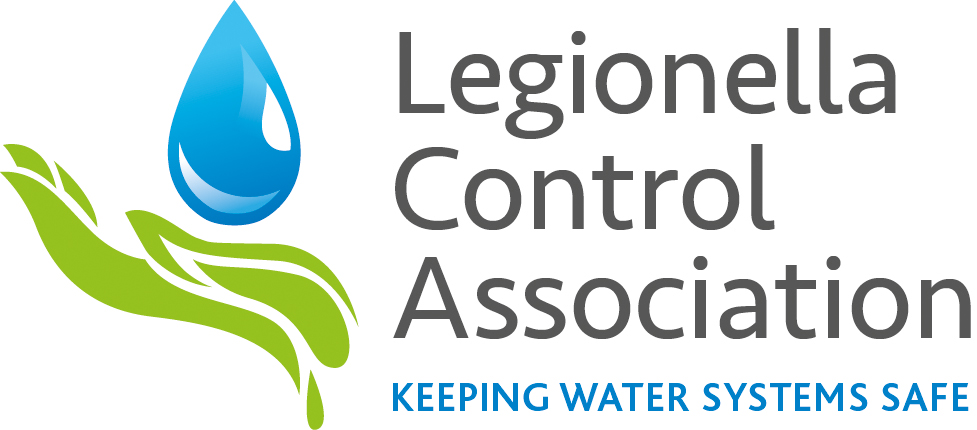Uncover the secrets of rock behaviour with Lucion’s comprehensive rock testing services. Our UKAS accredited laboratory provides accurate uniaxial compressive strength and Franklin point load testing for infrastructure projects.
In civil engineering and construction projects, understanding the properties and behaviour of rock is crucial for ensuring the safety, stability, and performance of foundations, slopes, excavations, and other rock structures. Our comprehensive rock testing services provide you with the accurate data needed to assess rock strength, classify rock materials, and make informed decisions for your infrastructure projects.
Tailored Rock Testing Solutions
Our Peterborough based specialist geotechnical laboratory offers a range of rock testing services tailored to your specific project needs:
Uniaxial Compressive Strength Testing
Our uniaxial compressive strength (UCS) testing determines the maximum compressive stress that a rock sample can withstand before failure under unconfined conditions. Using a compression testing machine and standardised procedures, we provide accurate UCS values to help you classify rock strength, assess excavatability, design rock slopes and foundations, and select appropriate construction methods.
Franklin Point Load Testing
Our Franklin point load testing provides an index of rock strength by measuring the force required to cause failure in a rock sample between two conical platens. Using a point load apparatus and standardised procedures, we provide accurate point load strength index values to help you estimate UCS, classify rock strength, and make preliminary assessments for rock engineering projects.
Quality Assurance for Your Peace of Mind
When you partner with our Geotechnical Team for rock testing, you can trust in the quality and reliability of the results. As a UKAS accredited testing laboratory (No. 8180) with ISO 17025:2017 certification, Lucion adheres to the highest standards of quality assurance and follows rigorous procedures to ensure accurate and consistent results.
Expert Guidance for Informed Decision-Making
Our team of experienced geotechnical engineers and laboratory technicians goes beyond just providing test results. We offer expert interpretation and guidance to help you fully understand the implications of the rock testing data for your specific project. By working closely with you to develop a tailored testing programme and delivering clear, comprehensive reports, we empower you to make informed decisions about your rock engineering and construction projects.
Reliable Support for Your Geotechnical Needs
With commitment to quality, and a customer-focused approach, we are well-equipped to support your rock testing requirements. Whether your project involves foundations, slopes, excavations, tunnels, or other rock structures, our team provides you with the reliable data and expert guidance you need to ensure the safety, stability, and performance of your project.


